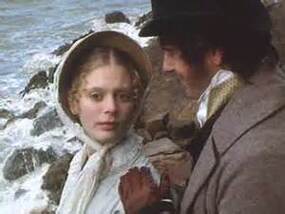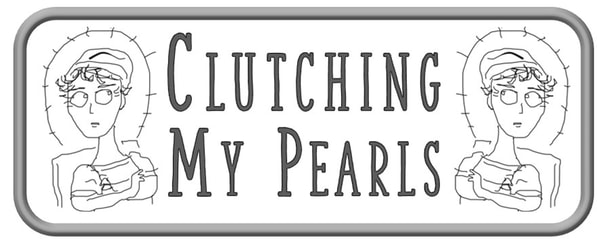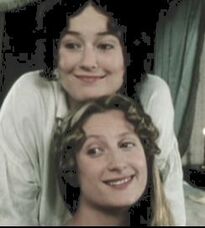| “Oh, these faintings, so often, and then again directly, will soon do her business, I warrant, poor honey!” said Mrs. O’Flarty; but “but hould, hould a bit, now she is coming to herself, and now she sighs…” -- the Irish landlady in Black Rock House |

by Mrs. E.G. Bayfield: Synopsis with Spoilers
Pop quiz: which events in Black Rock House cause our heroine, Gertrude Wallace, to faint dead away?
- When the man she loves pressures her to elope with him.
- When her husband leaves the ballroom with a beautiful woman, leaving her behind, seven months' pregnant.
- When she realizes that her husband is having an affair.
- When her husband threatens to blacken her name so he can divorce her.
- When she hears her husband has killed a man in a duel.
- When she’s reunited with her father who had cast her off.







 RSS Feed
RSS Feed